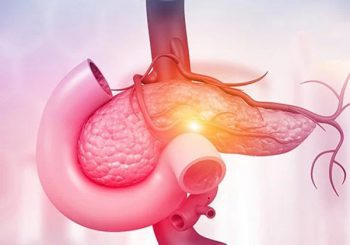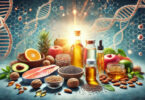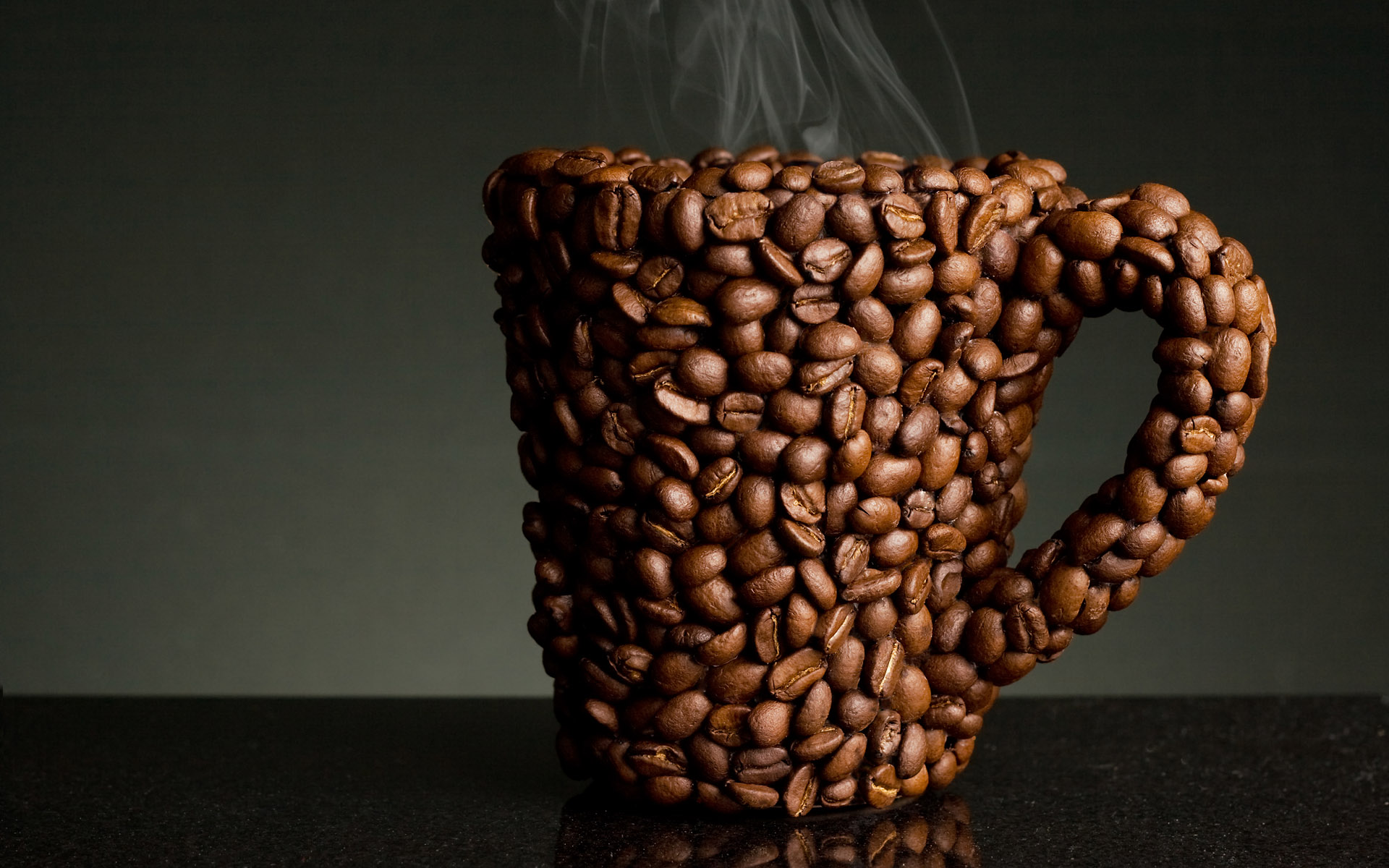Guest Writers for Wake Up World
This year, an estimated 60,430 Americans will be diagnosed with pancreatic cancer in the United States alone. More than 48,220 will likely die. That’s because pancreatic cancer has the highest mortality rate of all major cancers.
It doesn’t help that most pancreatic cancers aren’t diagnosed until the later stages, or that doctors almost always prescribe the Big 3: chemotherapy, surgery, and radiation. Only about 10% of patients survive for 5 years.
[pro_ad_display_adzone id=”110028″]
Why all the doom and gloom?
Because November is Pancreatic Cancer Awareness Month. And although this particular type of cancer is extremely aggressive, it is NOT a death sentence and there is ALWAYS hope. And there are some promising treatments available.
Pancreatic Enzymes
One protocol that has no side effects and relies entirely on nature and the body’s natural immune system is pancreatic enzymes. The pancreas is a gland that produces digestive enzymes and insulin. It’s an essential organ for maintaining healthy digestion and regulating blood sugar.
Those with pancreatic cancer begin to lose their ability to produce these enzymes, which makes it nearly impossible to digest important fats and proteins or absorb nutrients. But several doctors have successfully used pancreatic enzymes to help treat pancreatic cancer.
In 1958, Dr. Max Gerson published A Cancer Therapy: Results of 50 Cases, in which he described a new protocol which is now known as the Gerson Therapy. This therapy is still used today and utilizes a specialized diet designed to remove toxins from the body and reduce inflammation. It also focuses on pancreatic enzyme deficiency as a root cause of tumor development.
In the 1960s, an orthodontist named Dr. William Kelley developed a metabolic therapy based on the same idea that all cancers are caused by specific enzyme deficiencies. He utilized a strict diet, coffee enemas, laetrile, and pancreatic enzymes to treat cancer patients. Kelley developed his therapy after being diagnosed with “terminal” pancreatic cancer. The cancer was eventually eliminated from his body.
In 1987, Nicholas Gonzalez, a doctor and medical journalist, continued to build on the work of his mentor, Dr. Kelley. Armed with the belief that cancer is the result of poor diet and environmental toxins, he went on to develop the Gonzalez Protocol. This protocol relies heavily on pancreatic enzymes, which Dr. Gonzalez believed to be the body’s main defense against cancer.
A few years ago, I interviewed Dr. Jaime Dy-Liacco, who has been using pancreatic enzymes and nutrition to heal his patients. In order to make the therapy accessible to his impoverished community, Dr. Dy-Liacco prescribes 2 tablespoons of raw pork pancreas several times a day. The enzymes this provides help to break down the coating of the cancerous cells and have helped many of his patients heal their cancer.
But that’s not the only promising therapy available.
CBD for Pancreatic Cancer
Research published in Oncogene has shown that mice with pancreatic cancer lived nearly 3 times longer when given CBD than those treated with chemotherapy alone. We’ve discussed the many benefits of CBD before, including the ability to effectively alleviate symptoms like nausea and vomiting, seizure activity, inflammation, neurodegenerative disorders, anxiety, depression, and psychosis, while also combating tumor and cancer cells.
Even though CBD is non-psychoactive, it is still a schedule-1 substance by the federal government. This has made research difficult, however this study has shown that CBD not only improves the side effects of chemotherapy, but it possesses anti-cancer properties.
Cannabidiol, or CBD, which does not have a psychoactive effect, has long been known as a potent anti-cancer agent. This is because of its ability to interfere with cellular communication in tumors as well as its ability to instigate apoptosis (cancer cell death).
Some research studies, including in vitro and animal-based trials conducted by San Francisco-based researchers at the California Pacific Medical Center, have also shown that CBD may affect genes involved in aggressive metastasis. It does this by helping to shut down cellular growth receptors.
A 2019 review of in vitro and in vivo studies focusing on pancreatic cancer found that cannabinoids can help slow tumor growth, reduce tumor invasion, and induce tumor cell death. The study authors wrote that research into the effectiveness of different formulations, dosing, and precise mode of action is lacking and urgently needed.
Tips for Pancreatic Cancer Prevention
They say that an ounce of prevention is worth a pound of cure, and that’s especially true for pancreatic cancers. While new treatments are still emerging, your BEST shot at beating pancreatic cancer is by stopping it before it develops. So, without further ado, here are our top tips for pancreatic cancer prevention:
1 | Stop Smoking
Most studies show that smoking causes up to 25% of pancreatic cancer cases. In fact, the risk of getting pancreatic cancer is about twice as high among people who smoke compared to those who have never smoked, according to a study published in the Journal of Clinical Oncology.
“We’ve known for a while that smokers are at higher risk of developing pancreatic cancer,” said Victoria Manax Rutson, MD, chief medical officer for the Pancreatic Cancer Action Network. “But this study provides the first clear evidence that smokers are also at a higher risk of dying from the disease.”
“However, the encouraging finding was that former-smokers’ risk of dying from pancreatic cancer was essentially the same as never-smokers,” Manax Rutson continued. “This provides further evidence that smoking cessation could have a very positive impact on people’s health – especially for those who are already at higher risk of developing pancreatic cancer.”
2 | Increase Vitamin D
Many of us are deficient in vitamin D (especially in the winter months), which increases our risk for numerous health problems, including pancreatic cancer. You can absorb the vitamin naturally by spending time in the sun or by incorporating vitamin D-rich foods into your diet, including salmon, cheese, eggs, fortified milk, spinach, and kale.
The results of two large, long-term surveys show that adults who got 300 IU to 449 IU of vitamin D per day had a 43% lower risk of pancreatic cancer. Even participants who consumed only 150 IU to 299 IU per day had a 22% lower risk than those with less than 150 IU per day.
“Vitamin D has shown strong potential for preventing and treating prostate cancer, and areas with greater sunlight exposure have lower incidence and mortality for prostate, breast, and colon cancers, leading us to investigate a role for vitamin D in pancreatic cancer risk,” says researcher Halcyon Skinner, PhD, of the department of preventive medicine at Northwestern University in Chicago.
3 | Maintain a Healthy Weight
Studies show that obesity is the second highest pancreatic cancer risk factor right behind smoking. People having a “Body Mass Index (BMI)” of 30 or greater are about 20% more likely to get pancreatic cancer.
The larger the BMI number, the greater the risk. Healthy weight is described as an appropriate body weight in relationship to height per. Having a waistline of greater circumference of a person’s hips is also a risk factor even if your BMI is in the healthy ratio area.
As a bonus reduction in risk factor, obesity is a major risk factor for Type 2 Diabetes which is considered the third highest risk factor for pancreatic cancer. Fortunately, you can address both of these risk factors by following Tip #4…
4 | Improve Your Diet
In August 2013, a large study published in the Journal of the National Cancer Institute found a link between dietary patterns and the diagnosis of pancreatic cancer. Using data from the NIH-AARP Diet and Health Study to evaluate diet quality, the study compared people who were diagnosed with pancreatic cancer with those who were not.
The authors found that people with better dietary habits had about an 18% reduced risk of developing pancreatic cancer over an average time period of 10.5 years. Even after excluding those who drank alcohol, smoked, and had diabetes, the results were still significant.
It’s estimated that about half of all cancer deaths are preventable, many through lifestyle changes, like consuming anti-cancer foods. Obesity, which is on the rise globally, is a significant risk factor for the top two causes of death in the United States. Unfortunately, too many people are focused on weight loss as the only mark of nutritional success.
But what we choose to eat – and how that nutrition works with our bodies – is way more important than simply shedding a few pounds. When it comes to disease, there is no better way to GET healthy and STAY healthy than through nutrition. From inflammation and gut health to toxins and antioxidants, the food we eat is the single most important way to take care of our bodies.
Eating the right food is essential for both cancer prevention and cancer treatment. Additionally, the right food can help with a host of other ailments, helping us to lead longer, happier, healthier lives.
5 | Limit Alcohol
Cultures throughout the world have traditionally consumed alcoholic beverages for thousands of years. Even Christ’s first miracle was turning water into wine! But research shows that too much alcohol can seriously increase your risk for pancreatic cancer.
Studies show that those at risk are regular, heavy drinkers who consume 3 or more drinks each day. The study, which included more than 1.2 million Americans who were followed for 24 years, found that overall those who reported drinking three or more liquor drinks daily saw their risk of dying of pancreatic cancer go up by about one-third compared to nondrinkers.
The same increase in risk wasn’t seen in people who reported drinking the same amount of beer or wine each day. Researchers think that may have something to do with the way these different beverages are packaged and consumed.
Beer, for example, is most often found in single-serving bottles or cans, which helps keep alcohol consumption in check. When it comes to liquor, though, people are sometimes pouring a little more from the bottle.
Conclusion
The pharmaceutical industry knows that there’s little money to be made in cancer prevention, which is why all of their efforts focus on expensive drug treatments. But cancer is NOT a death sentence, and there IS hope!
There are hundreds of scientific studies demonstrating dozens of ways that you can reduce your cancer risk and kick your body’s natural defenses into overdrive. Even better, they are all-natural and work WITH your immune system instead of against it! At TTAC, our mission is to bring you the truth about cancer, and that starts with prevention.
The key to cancer prevention simply can’t be found on a prescription pad. But a healthy lifestyle that supports your immune system and utilizes the bounty of vitamins and minerals found in nature is a surefire way to stop cancer dead in its tracks.
Originally published at The Truth About Cancer and reproduced here with permission.
About the author:
 Ty Bollinger is a health freedom advocate, cancer researcher, former competitive bodybuilder and author. After losing several family members to cancer, he refused to accept the notion that chemotherapy, radiation, and surgery were the most effective treatments available for cancer patients. He began a quest to learn all he possibly could about alternative cancer treatments and the medical industry. What he uncovered was shocking. There is ample evidence to support the allegation that the “war on cancer” is largely a fraud and that multinational pharmaceutical companies are “running the show.” Ty has now made it his life mission to share the most remarkable discovery he made on his quest: the vast majority of all diseases, including cancer, can be easily prevented and even cured without drugs or surgery.
Ty Bollinger is a health freedom advocate, cancer researcher, former competitive bodybuilder and author. After losing several family members to cancer, he refused to accept the notion that chemotherapy, radiation, and surgery were the most effective treatments available for cancer patients. He began a quest to learn all he possibly could about alternative cancer treatments and the medical industry. What he uncovered was shocking. There is ample evidence to support the allegation that the “war on cancer” is largely a fraud and that multinational pharmaceutical companies are “running the show.” Ty has now made it his life mission to share the most remarkable discovery he made on his quest: the vast majority of all diseases, including cancer, can be easily prevented and even cured without drugs or surgery.
For more information, visit:
[pro_ad_display_adzone id=”110027″]





